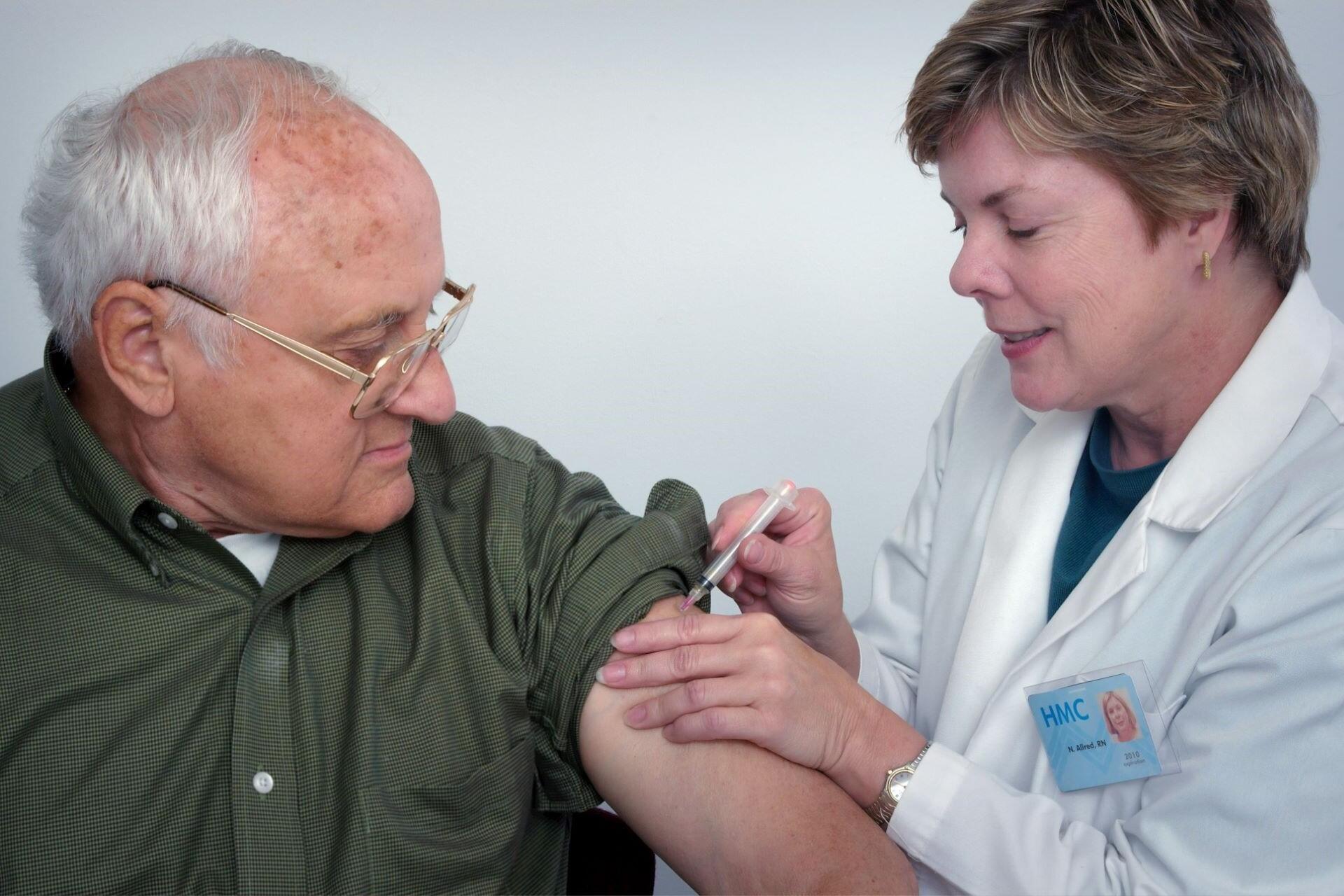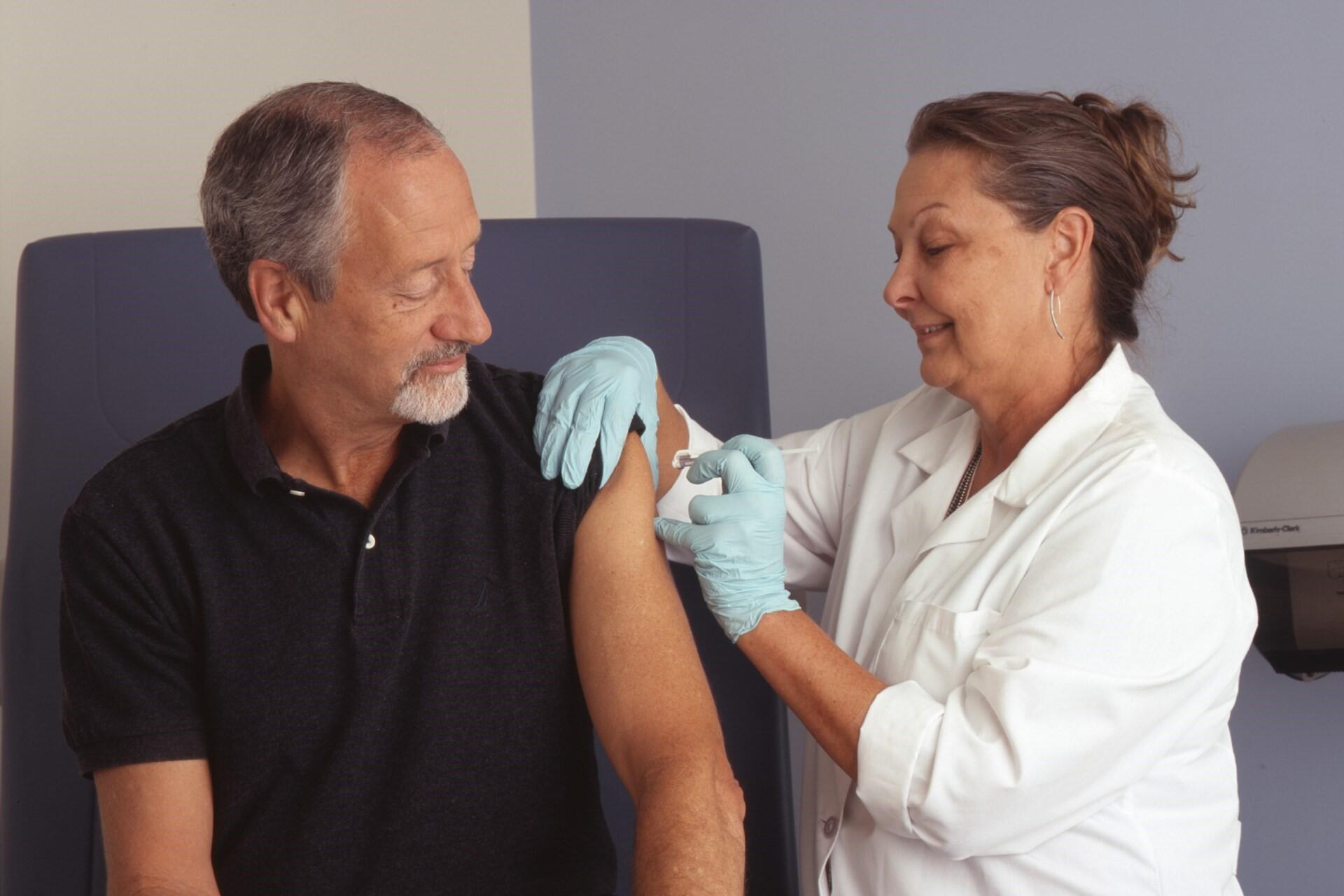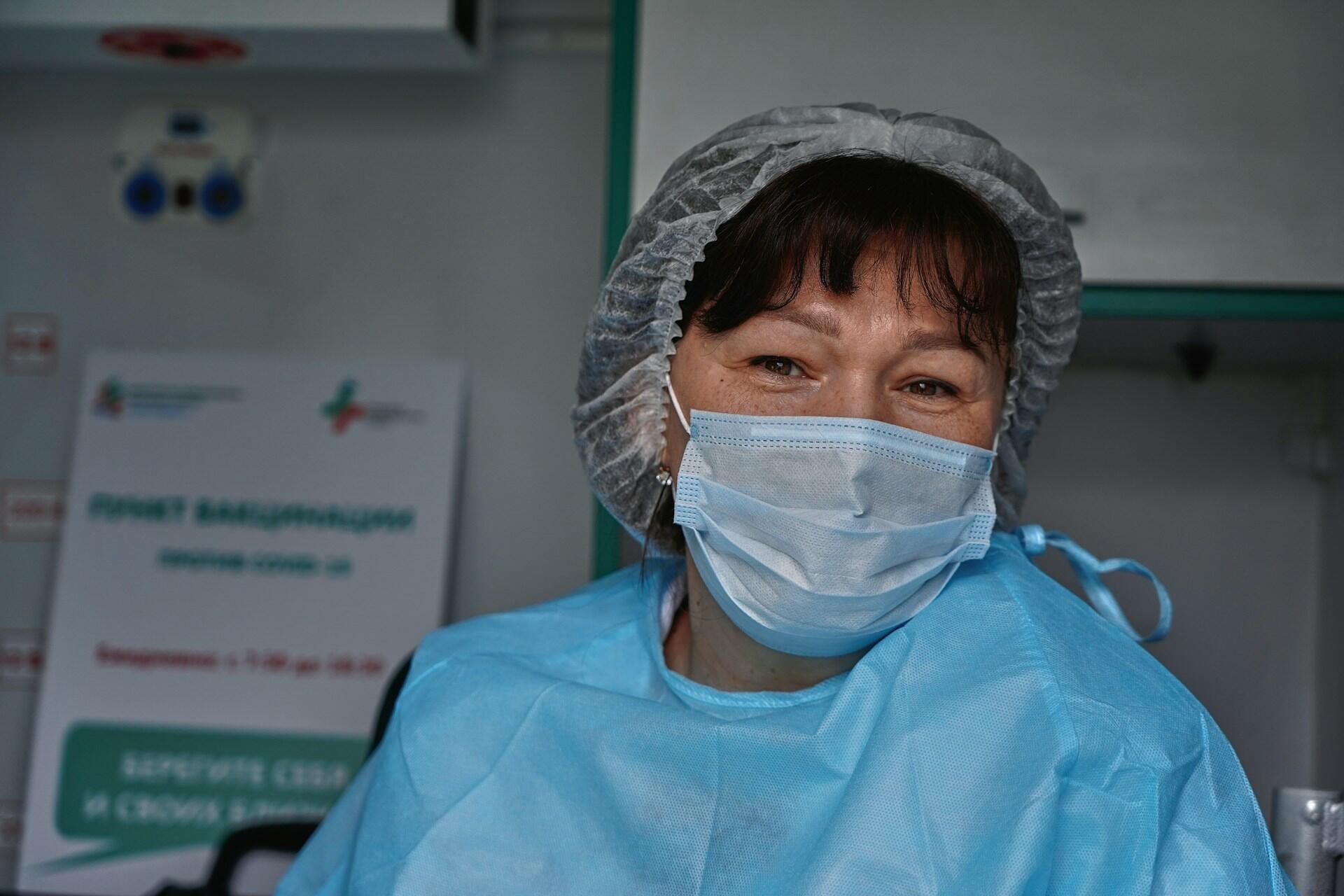Becoming a registered nurse is a great career choice. Nurses typically provide patient care in various settings, including hospitals, clinics, and community settings. It's a stable and fulfilling (albeit challenging) career choice. Here's what you need to do to become a registered nurse, including education and licensure.

What Does a Registered Nurse Do?
Registered nurses (RNs) play a central role in healthcare. They play a vital role in delivering safe, compassionate, and effective care. Their roles are both clinical and interpersonal, balancing medical knowledge, communication skills, and empathy, and they're the main type of nurse that most people think of when they picture the profession.
RNs' work includes assessing their patients' health conditions, administering medications, recording medical histories, and collaborating with doctors and healthcare teams on treatment plans. They can also educate patients and their families about managing illnesses, as well as promote preventive care practices to improve long-term outcomes. They do a lot.

Nurses can work in a variety of environments, too, including hospitals, clinics, rehabilitation centers, schools, and community health facilities, with options to further specialize in research roles if they wish. Some nurses provide care in patients' homes or public health programs supported by state and national services. Registered nurses are essential throughout the healthcare system, including in critical care, pediatrics, and outpatient centers.
employed RNs in the United States.
The Bureau of Labor Statistics projects a 6% growth rate for RNs in the United States through 2033, which is faster than most occupations in the country. This growth is being driven by an aging population, increased chronic illness, and an ongoing need for skilled healthcare professionals in rural and urban communities.
Registered nurses are the largest part of the US healthcare workforce. Their work doesn't just include bedside care, by the way. RNs regularly coordinate between patients, doctors, and allied health professionals, ensuring treatment plans run smoothly. RNs are increasingly needed not just in hospitals but also in schools, community centers, and telehealth programs.
Educational Pathways to Becoming an RN
While there isn't a single route to becoming a registered nurse in the US, you do need to complete an accredited nursing program and pass the NCLEX-RN licensing exam. The degree you choose will depend on your own timeline, career goals, and whether you plan to specialize later on or move into leadership or educational roles.

Generally, students choose one of three pathways. The Associate Degree in Nursing (ADN), the Bachelor of Science in Nursing (BSN), or an Entry-Level Master's (ELM) program for non-nursing graduates. There are unique advantages, requirements, and timeframes for each.
The nursing degree you choose can shape your entire career path. ADN programs are quicker and less costly, while BSN and ELM routes offer greater long-term potential and leadership opportunities. Before enrolling, compare admission requirements, tuition costs, and state board approvals to ensure your chosen program leads to licensure.

Associate Degree in Nursing (ADN)
The ADN is the fastest and most affordable option for becoming a registered nurse. This qualification is typically offered at community colleges and takes around two years to complete. It focuses on core nursing skills, patient care, and medical fundamentals. During the program, students complete clinical rotations in hospitals and clinics to gain hands-on experience before applying for licensure.
ADN programs are ideal for individuals seeking to quickly enter the workforce. It's a good option for balancing education with work and family responsibilities. ADN graduates can work in hospitals, long-term care centers, and outpatient facilities. Some healthcare employers, however, prefer nurses with a bachelor's degree, which may require ADN-trained RNs to bridge to a BSN through RN-to-BSN programs. These are generally flexible and available either online or on campus.
Bachelor of Science in Nursing (BSN)
The BSN is a four-year undergraduate degree program for aspiring nurses to become an RN. This program combines clinical training with broader coursework in leadership, research, and community health. This means students are ready for bedside care as well as supervisory or other specialized roles in areas like cardiovascular health.
BSN students study anatomy, pharmacology, and pathophysiology, as well as nursing ethics, evidence-based practice, and public health. Universities often partner with local hospitals and medical centers to offer internships and clinical placements, allowing students to apply theoretical knowledge to genuine patient care.
Hospitals are increasingly favoring BSN-prepared nurses. A BSN will improve your job stability while providing opportunities for advanced study, like nurse practitioner or clinical leadership programs. It takes longer to complete than the ADN, but it's generally a better investment for your long-term career growth in nursing.
Entry-Level Master’s Programs in Nursing (ELM)
The Entry-Level Master's in Nursing (ELM), also known as a direct-entry MSN, is an accelerated pathway for students. It's designed for those who already hold a bachelor's degree in a field other than nursing. This intensive program typically lasts two to three years, and includes both foundational nursing education and graduate-level coursework.
ELM graduates can take the NCLEX-RN exam and also specialize or pursue roles in advanced practice, education, or administration. The ELM is more demanding and more expensive, but it's great for students who want to transition into healthcare and gain an advanced credential.
Licensing and Certification Process
Once you complete your nursing degree, you have to become a licensed registered nurse. This is so that RNs meet the national standards for safe and effective patient care. The specific steps vary by state, but the general process is mostly consistent. After you graduate, you have to apply for licensure with your State Board of Nursing (BON). Criteria, fees, and background checks differ from state to state, but they generally require your school to send an official transcript or verification of program completion.

You then need to pass the NCLEX-RN (National Council Licensure Examination for Registered Nurses). Pearson VUE administers this exam on behalf of the National Council of State Boards of Nursing (NCSBN). It tests your ability to apply knowledge, make clinical judgments, and ensure patient safety.
Once your application is approved, you'll receive an Authorization to Test (ATT). This allows you to schedule your NCLEX exam at an approved testing center. The exam utilizes adaptive testing technology, which means the difficulty of the questions adjusts based on your performance.
The NCLEX-RN is a computer-adaptive exam that measures how well you can apply nursing knowledge in real-world situations. This means that the questions adjust to your performance. You'll be tested on everything from patient safety to pharmacology. Preparing with practice exams and NCLEX-style questions can significantly increase your chances of passing on the first attempt.
After you pass the NCLEX, your state board issues your RN license. This means you're officially a registered nurse. You can now apply to jobs in hospitals, clinics, or other healthcare facilities across the country.
You don't have to apply for work immediately, though. You can pursue additional certifications in specific fields, such as pediatrics, critical care, oncology, or labor and delivery, for example. Professional nursing organizations typically administer these types of certifications. They can be beneficial for enhancing your employment opportunities and potential salary. Credentials such as CCRN (Certified Critical Care Registered Nurse), CEN (Certified Emergency Nurse), or RNC-OB (Registered Nurse in Obstetric Nursing) are all potential options.
Don't forget that most states require license renewal every two to three years. This can include continuing education credits to stay current on best practices and state regulations. Staying licensed and informed means that you can continue to provide safe, high-quality care.
Job Outlook and Salary Expectations
The nursing profession is one of the most stable and rewarding careers in the American healthcare system. Patient needs are growing, and healthcare services are expanding, so nurses are naturally in higher demand than ever before. The US Bureau of Labor Statistics (BLS) expects nearly 193,000 new job openings each year.

The median annual wage for registered nurses was $93,600 in 2024. Just remember that salaries can vary significantly due to numerous factors that influence them. Location, experience, and education will all impact salaries, so consider the data for the location where you intend to work.
per year, with major employment centers in Miami, Tampa, and Orlando.
per year, among the highest in the country.
Like with many other careers, your education level tends to boost your salary. Nurses with a Bachelor of Science in Nursing (BSN) tend to earn more than those with an Associate Degree in Nursing (ADN) and also enjoy better access to leadership and advanced practice opportunities. Surgical nurses tend to earn the highest salaries.
Most nurses are employed in hospitals, but home healthcare, outpatient centers, and long-term care facilities are also seeing healthy growth. By combining clinical expertise with communication and technology skills, such as telehealth and electronic health records, you can improve your employability.
Tips for Success in Nursing School and Beyond
Becoming a registered nurse isn't easy. It takes commitment, organization, and a passion for helping others. It doesn't get any easier once you become a nurse, but you can cross that bridge when you get to it. Here's our advice for becoming a nurse in the first place.
Summarize with AI:















